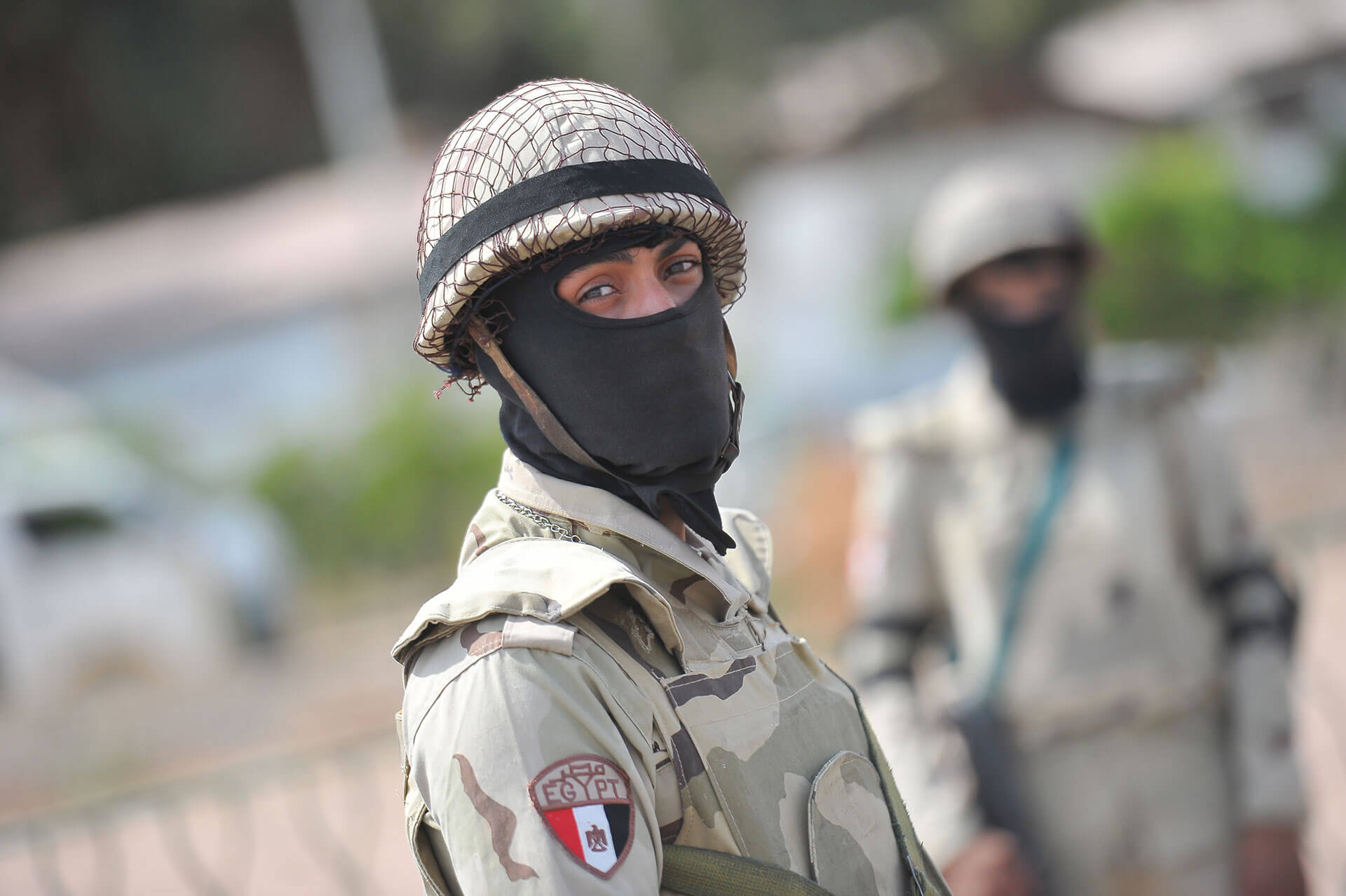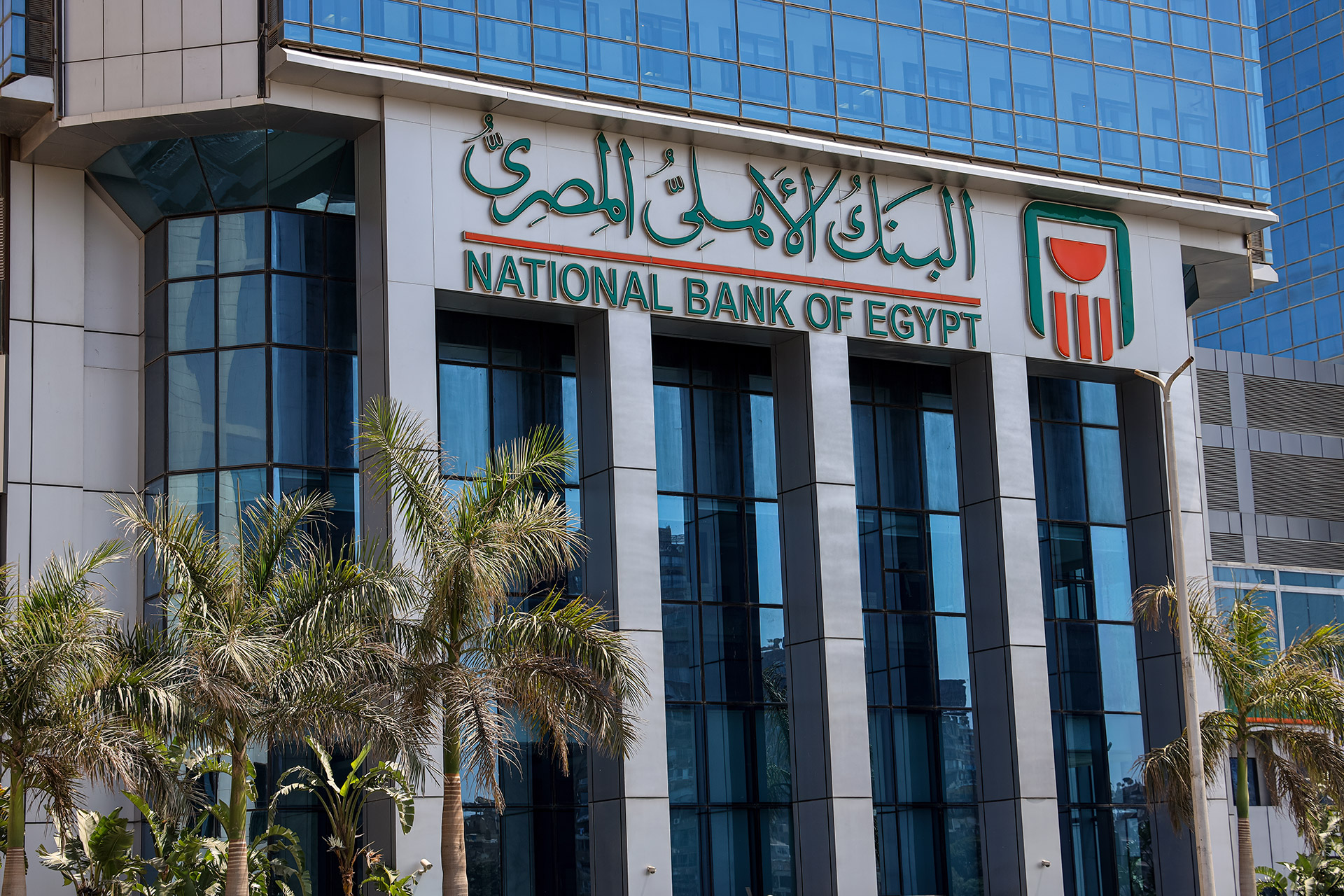Today’s protesters have a leg up on their counterparts from the Arab Spring of 2011.
Momentous developments across North and East Africa suggest the long-drawn-out process of political transition in the region — as well as the Middle East — is still in its infancy. So too does popular discontent in Syria, despite eight years of war, as well as in Egypt, notwithstanding a 2013 military coup that rolled back the advances of protests in 2011 that toppled President Hosni Mubarak.
What developments across North Africa and the Middle East demonstrate is that the drivers of the 2011 Arab Spring that swept the region and forced the leaders of Egypt, Tunisia, Libya and Yemen to resign not only still exist, but constitute black swans that can upset the apple cart at any moment. The situation also suggests that the regional struggle between forces of change and ancien régimes and militaries backed by the United Arab Emirates and Saudi Arabia is far from decided.
Algeria and Sudan
If anything, protesters in Algeria and Sudan have learned something from the failed 2011 results: Don’t trust militaries, even if they seemingly align themselves with demonstrators, and don’t surrender the street until protester demands have been met. Distrust of the military has prompted an increasing number of Sudanese protesters to question whether chanting “the people and the army are one” is still appropriate. Slogans such as “freedom, freedom” and “revolution, revolution” alongside calls on the military to protect the protesters have become more frequent.
The protests in Algeria and Sudan have entered a critical phase in which protesters and militaries — worried that they could be held accountable for decades of economic mismanagement, corruption and repression — are tapping in the dark. With protesters emboldened by their initial successes in forcing leaders to resign, both the demonstrators and the militaries, including officers with close ties to Saudi Arabia and the UAE, are internally divided about how to proceed. Moreover, neither side has any real experience in managing the crossroads at which they find themselves, while it is dawning on the militaries that their tired playbooks are not producing results.
In a telling sign, Sudan’s interim leader, Abdel Fattah Abdelrahman Burhan, praised his country’s “special relationship” with Saudi Arabia and the UAE as he recently met with a Saudi-Emirati delegation at the military compound in Khartoum, a focal point of the protests. Saudi Arabia has expressed support for the protests, in what many suspect is part of an effort to ensure that Sudan does not become a symbol of the power of popular sovereignty and its ability to defeat autocracy.
Syria
The ultimate outcome of the dramatic developments in Algeria and Sudan and how the parties maneuver is likely to have far-reaching consequences in a region pockmarked by powder kegs ready to explode. Mounting anger as fuel shortages caused by Western sanctions against Syria and Iran bring life to a halt have sparked rare and widespread public criticism of Syrian President Bashar al-Assad’s government. The anger is fueled by reports that government officials cut in line at petrol stations to fill up their tanks and buy rationed cooking gas and take more than is allowed.
Syria is Here, an anonymous Facebook page that reports on economics in government-controlled areas, took officials to task after state-run television showed the oil minister, Suleiman al-Abbas, touring petrol stations that showed no signs of shortage. “Is it so difficult to be transparent and forward? Would that undermine anyone’s prestige? We are a country facing sanctions and boycotted. The public knows and is aware,” the Facebook page charged.
The manager of Hashtag Syria, another Facebook page, was arrested when the site demanded that the oil ministry respond to reports of anticipated price hikes with comments rather than threats. The site charged that the ministry was punishing the manager “instead of dealing with the real problem.” Syrian journalist Danny Makki said, “It [Syria] is a pressure cooker.”
Egypt and Libya
Similarly, authorities in Egypt, despite blocking its website, have been unable to stop an online petition against proposed constitutional amendments that could extend the rule of President Abdel Fattah el-Sisi until 2034. The petition, entitled Batel (meaning “void” in Arabic), is, according to Netblocks — a group that maps web freedom — one of an estimated 34,000 websites blocked by Egyptian internet providers in a bid to stymie opposition to the amendments.
President Sisi is a reminder of how far Arab militaries and their Gulf backers are willing to go in defense of their vested interests in a bid to oppose popular sovereignty. Libyan renegade Field Marshall Khalifa Haftar is another. General Haftar’s Libyan National Army (LNA) is attacking the capital Tripoli, the seat of the UN-recognized Libyan government that he and his Emirati, Saudi and Egyptian backers accuse of being dominated by Islamist terrorists.
The three Arab states’ military and financial support of Haftar is but the tip of the iceberg. The general has modeled his control of much of Libya on Sisi’s example of a military that not only dominates politics, but also the economy. As a result, the LNA is engaged in businesses ranging from waste management, metal scrap and waste export, and agricultural mega projects to the registration of migrant labor workers and control of ports, airports and other infrastructure. The LNA is also eyeing a role in the reconstruction of Benghazi and other war-devastated or underdeveloped regions.
What for now makes 2019 different from 2011 is that both sides of the divide realize that success depends on commitment to be in it for the long haul. Protesters also understand that trust in military assertions of support for the people can be self-defeating. They further grasp that they are up against a regional counterrevolution that has no scruples.
All of that gives today’s protesters a leg up on their counterparts from the Arab Spring of 2011. The jury is out on whether that will prove sufficient to succeed where the people of eight years ago failed.
The views expressed in this article are the author’s own and do not necessarily reflect Fair Observer’s editorial policy.
For more than 10 years, Fair Observer has been free, fair and independent. No billionaire owns us, no advertisers control us. We are a reader-supported nonprofit. Unlike many other publications, we keep our content free for readers regardless of where they live or whether they can afford to pay. We have no paywalls and no ads.
In the post-truth era of fake news, echo chambers and filter bubbles, we publish a plurality of perspectives from around the world. Anyone can publish with us, but everyone goes through a rigorous editorial process. So, you get fact-checked, well-reasoned content instead of noise.
We publish 2,500+ voices from 90+ countries. We also conduct education and training programs
on subjects ranging from digital media and journalism to writing and critical thinking. This
doesn’t come cheap. Servers, editors, trainers and web developers cost
money.
Please consider supporting us on a regular basis as a recurring donor or a
sustaining member.
Support Fair Observer
We rely on your support for our independence, diversity and quality.
Will you support FO’s journalism?
We rely on your support for our independence, diversity and quality.






